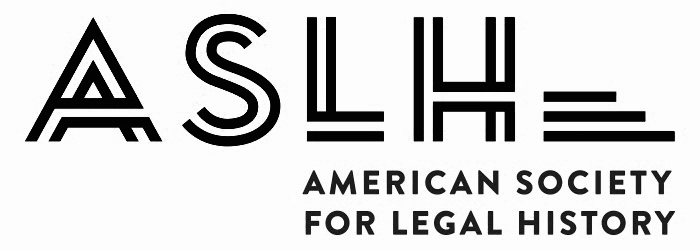Whilst those abroade are thus acting and carrying on their Butcheries upon the Souls of men there, how quietly and unconcernedly in the mean time do we sit down here, and take our ease, not once in our thoughts reflecting upon this Calamity.
Morgan Godwyn, 1685






